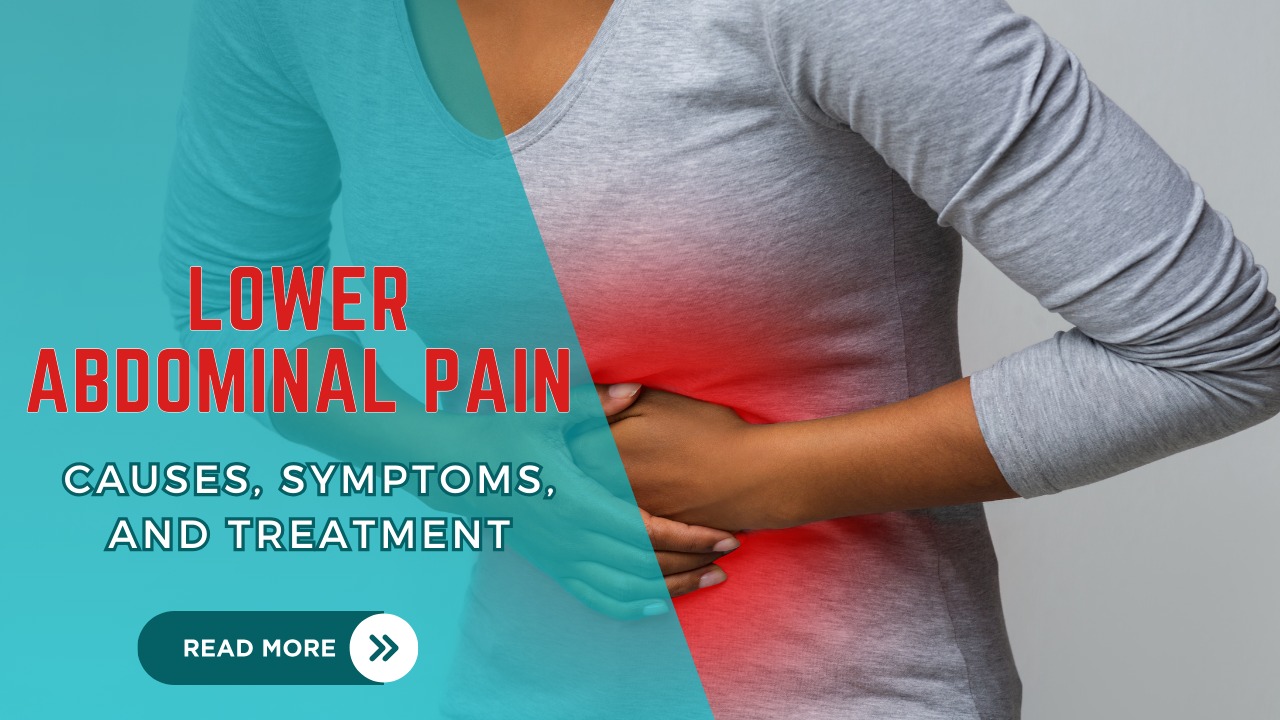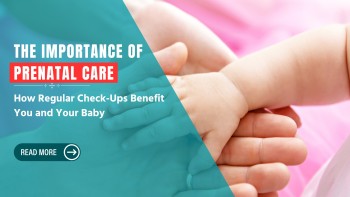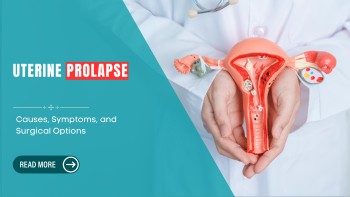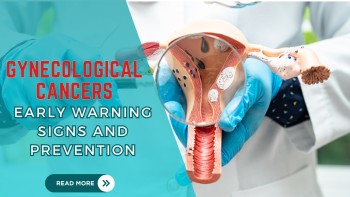Lower Abdominal Pain is a common
complaint that can affect individuals of all ages. The causes of this type of
pain can range from minor digestive issues to serious medical conditions.
Understanding the potential causes, recognizing the symptoms, and knowing when
to seek medical attention are crucial for effective treatment and recovery.
This blog provides a comprehensive overview of lower abdominal pain, its
causes, symptoms, and treatment options, and highlights the exceptional care
available at Link Hospital in Gwalior.
Understanding Lower Abdominal
Pain
Lower abdominal pain refers to discomfort
or pain that occurs below the belly button. The pain can be sharp, dull,
crampy, or persistent and may be accompanied by other symptoms. Identifying the
underlying cause is essential for determining the appropriate treatment.
Common Causes of Lower
Abdominal Pain
Digestive Issues
- Irritable Bowel Syndrome
(IBS):
○
IBS is a chronic condition that
affects the large intestine, causing symptoms such as cramping, abdominal pain,
bloating, gas, diarrhea, and constipation.
- Gastroenteritis:
○
Commonly known as stomach flu,
gastroenteritis is an inflammation of the stomach and intestines caused by
viral or bacterial infections. Symptoms include diarrhea, vomiting, and
abdominal cramps.
- Constipation:
○ Constipation occurs when bowel movements become infrequent or difficult, leading to lower abdominal pain and discomfort.
Reproductive System
Issues
- Menstrual Cramps:
○
Menstrual cramps are common among
women and occur due to the contraction of the uterus during menstruation. The
pain is usually felt in the lower abdomen and can range from mild to severe.
- Ovarian Cysts:
○
Ovarian cysts are fluid-filled
sacs that develop on the ovaries. While many cysts are harmless, some can cause
lower abdominal pain, bloating, and discomfort.
- Endometriosis:
○
Endometriosis is a condition where
tissue similar to the lining of the uterus grows outside the uterus, causing
severe lower abdominal pain, especially during menstruation.
Urinary Tract Issues
- Urinary Tract Infection
(UTI):
○
A UTI is an infection of the
urinary system, including the bladder, kidneys, and urethra. Symptoms include a
burning sensation during urination, frequent urination, and lower abdominal
pain.
- Kidney Stones:
○
Kidney stones are hard deposits of
minerals and salts that form in the kidneys. They can cause severe lower
abdominal pain, back pain, and blood in the urine.
Other Causes
- Appendicitis:
○
Appendicitis is the inflammation
of the appendix, causing sharp lower right abdominal pain. It is a medical
emergency that requires prompt surgical intervention.
- Hernia:
○
A hernia occurs when an organ or
tissue protrudes through a weak spot in the abdominal muscles, causing pain and
a noticeable lump.
- Diverticulitis:
○
Diverticulitis is the inflammation
or infection of small pouches (diverticula) that develop in the walls of the
intestine. It causes lower abdominal pain, fever, and changes in bowel habits.
Symptoms Associated with
Lower Abdominal Pain
Common Symptoms
●
Cramping or Sharp Pain:
○
The pain can vary in intensity and
type, ranging from cramping and dull aches to sharp and stabbing sensations.
●
Bloating:
○
Abdominal bloating and a feeling
of fullness are common symptoms associated with lower abdominal pain.
●
Nausea and Vomiting:
○
Digestive issues and infections
can cause nausea and vomiting, often accompanying abdominal pain.
●
Changes in Bowel Movements:
○
Diarrhea, constipation, or changes
in the frequency and consistency of bowel movements can occur.
When to Seek Medical
Attention
While mild lower abdominal pain can often
be managed at home, certain symptoms warrant immediate medical attention:
●
Severe or Persistent Pain:
○
Pain that is severe, sudden, or
does not improve with home remedies requires medical evaluation.
●
Fever and Chills:
○
The presence of fever, chills, or
signs of infection may indicate a serious underlying condition.
●
Blood in Stool or Urine:
○
Blood in the stool or urine can be
a sign of a significant medical issue and should not be ignored.
●
Unexplained Weight Loss:
○
Unintended weight loss accompanied
by abdominal pain may suggest an underlying medical condition that needs
investigation.
Diagnosis and Treatment
Diagnostic Procedures
When you visit a healthcare provider with
lower abdominal pain, they will perform a thorough evaluation to determine the
cause. Diagnostic procedures may include:
●
Physical Examination:
○
A physical exam helps identify
areas of tenderness and assess the overall condition.
●
Imaging Tests:
○
Ultrasound, X-rays, CT scans, and
MRI can provide detailed images of the abdominal organs and help identify
abnormalities.
●
Laboratory Tests:
○
Blood tests, urine tests, and
stool samples can help detect infections, inflammation, and other conditions.
Treatment Options
The treatment for lower abdominal pain
depends on the underlying cause. Some common treatments include:
●
Medications:
○
Pain relievers, antibiotics,
antispasmodics, and anti-inflammatory drugs may be prescribed based on the
diagnosis.
●
Lifestyle Modifications:
○
Dietary changes, increased fluid
intake, and regular exercise can help manage digestive issues and prevent
recurrence.
●
Surgical Intervention:
○
In cases of appendicitis, hernias,
or severe gynaecological conditions, surgery may be necessary to address the
problem.
●
Therapies:
○
For conditions like IBS and
endometriosis, therapies such as physical therapy, hormone therapy, or
cognitive-behavioural therapy may be recommended.
Link Hospital in Gwalior:
Your Partner in Health
For those experiencing lower abdominal
pain, Link Hospital in Gwalior offers comprehensive and compassionate care. The
hospital is renowned for its state-of-the-art facilities, experienced medical
professionals, and patient-centric approach.
Why Choose Link Hospital?
●
Experienced Medical Team:
○
Link Hospital boasts a team of
skilled doctors, surgeons, and healthcare professionals with extensive
experience in diagnosing and treating lower abdominal pain and related
conditions.
●
Advanced Diagnostic Facilities:
○
The hospital is equipped with
cutting-edge diagnostic tools to ensure accurate and timely diagnosis of
abdominal issues.
●
Comprehensive Treatment Plans:
○
Link Hospital provides
personalized treatment plans tailored to the patient's specific needs, ensuring
the best possible outcomes.
●
24/7 Emergency Care:
○
The hospital offers
round-the-clock emergency care services, ensuring that patients receive
immediate attention in critical situations.
●
Patient-Centric Approach:
○
Link Hospital prioritizes patient
comfort and well-being, providing compassionate care and support throughout the
treatment process.
Conclusion
Lower abdominal pain can stem from
various causes, each requiring a specific approach to diagnosis and treatment.
Recognizing the symptoms and understanding when to seek medical attention is
crucial for effective management. Link Hospital in Gwalior stands as a reliable
partner in health, offering expert care and advanced treatment options for
those experiencing lower abdominal pain and other medical conditions. If you or
a loved one are dealing with abdominal discomfort, don't hesitate to reach out
to Link Hospital for comprehensive and compassionate care.










